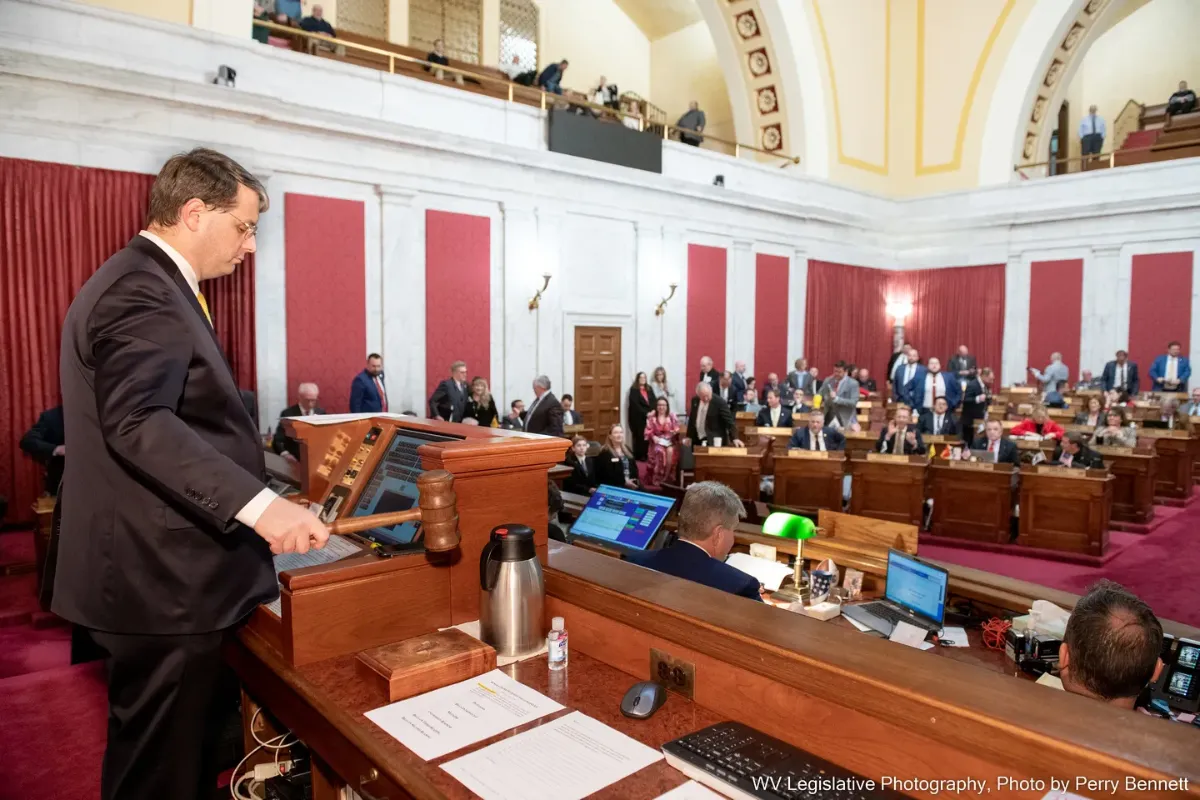As the dust settles on West Virginia’s latest 60-day legislative session, many are asking a difficult question: what was actually accomplished? If lawmakers were aiming to simply pave the way for a few data centers powered by microgrids, they might give themselves high marks. But for most West Virginians, the results of this session are underwhelming at best.
Sure, those microgrid-powered data centers could increase local property tax revenues, but they won’t generate the kind of job creation or economic development the state so badly needs. And beyond that narrow achievement, there’s not much to show from this legislative term.
Even Gov. Patrick Morrisey, who celebrated that 12 of the 14 bills he supported were passed, couldn’t claim a major victory for West Virginia’s future. Most of those bills were routine measures.
One exception might be Senate Bill 458, which allows professionals licensed in other states to practice in West Virginia. While helpful in theory, even that change doesn’t significantly move the needle on making the Mountain State more competitive with its neighbors.
If the goal of this session was to revitalize the state’s economy, attract new industries, or keep young people from leaving, then it’s hard not to call this effort a failure. A generous grade might be a D.
Instead of tackling West Virginia’s long-standing issues—such as stagnant job growth, brain drain, healthcare access, or infrastructure—the Legislature spent its final hours embroiled in culture war debates.
Topics like vaccine exemptions and a ban on diversity, equity, and inclusion (DEI) programs dominated the conversation. These subjects might energize a political base, but they do little to address the real problems facing West Virginia families or its economy.
These decisions, or lack thereof, raise deeper questions about the state’s direction. Are lawmakers truly committed to meaningful change, or are they content to go through the motions while the rest of the region surges ahead?
It’s hard to ignore the contrast between West Virginia and its neighboring states, many of which are aggressively investing in modern industries, education, and workforce development. While they look to the future, West Virginia appears to be standing still—or worse, moving backward.
The missed opportunity this session isn’t just about what wasn’t done. It’s about what could have been. With the political capital of a new governor and a Legislature largely aligned in party, this session could have been a launchpad for big, bold initiatives: economic diversification, education reform, broadband expansion, energy innovation. Instead, it delivered distractions and delays.
Gov. Morrisey may have gotten some political wins, but none of the legislation passed is likely to change the trajectory of the state in any meaningful way. Meanwhile, the core challenges remain untouched.
As West Virginians, we have to ask ourselves: is this enough? Are we satisfied with symbolic bills and political posturing while young families leave, schools struggle, and businesses choose other states?
There’s still time to steer the ship in the right direction, but it requires courage and real leadership—leadership that goes beyond headlines and digs into the hard work of transformation. Unfortunately, this session showed little sign of that happening.
For now, West Virginia remains in a holding pattern—saying the right things but doing very little to back them up. And with each missed opportunity, the state falls a little further behind.










